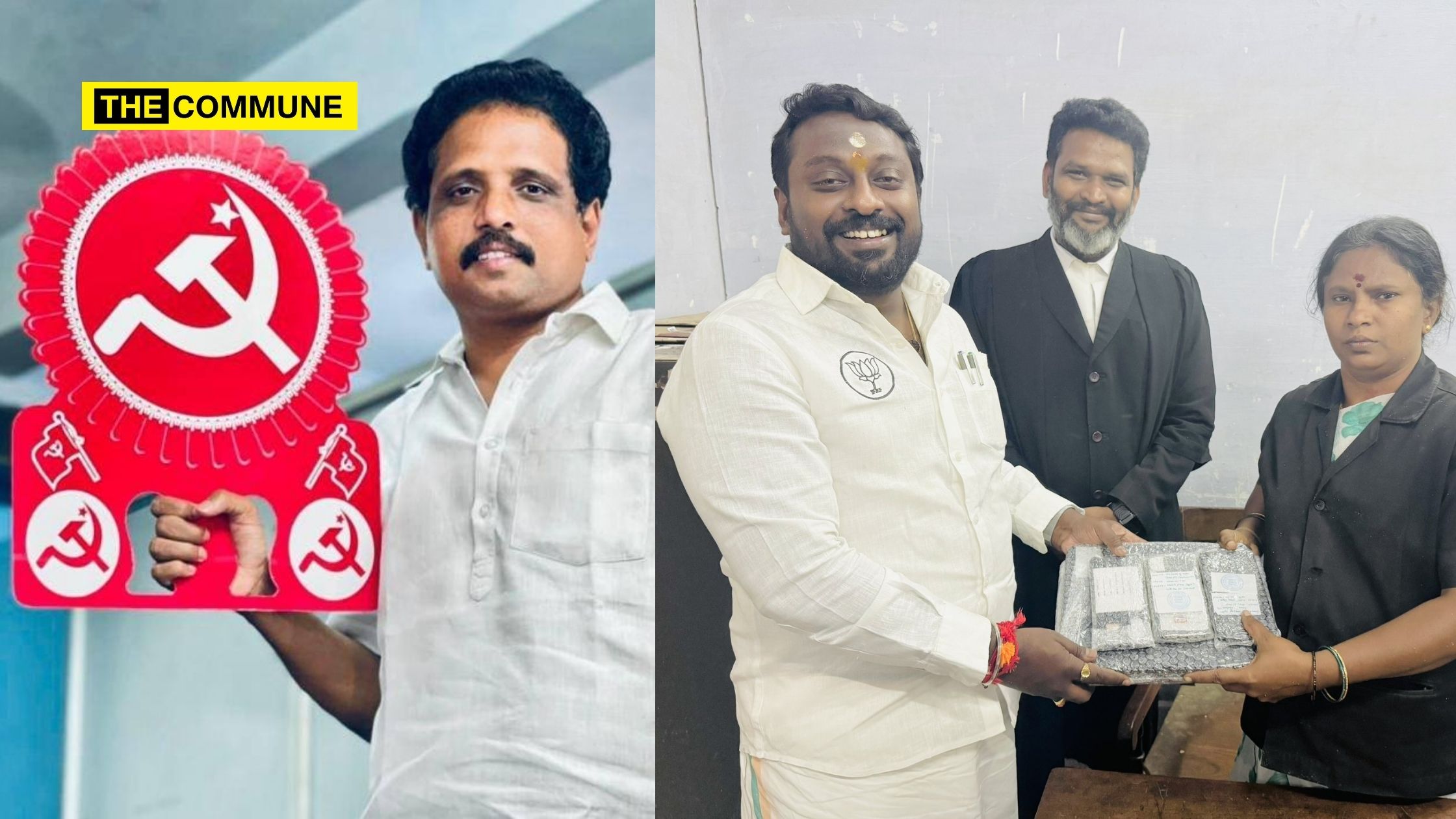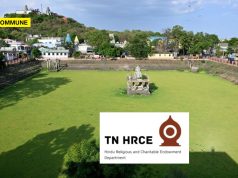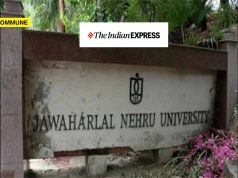
The Madurai Bench of the Madras High Court has directed the return of electronic devices, including mobile phones and laptops, that were seized from Tamil Nadu BJP State Secretary SG Suryah. The devices had been confiscated as part of an investigation into a defamation case filed against him by the Communist Party of India (Marxist) CPI(M) MP, Su Venkatesan. SG Suryah fought a lengthy legal battle spanning 598 days to reclaim his seized electronic gadgets.
598 DAYS of legal battle.
598 days to get back my gadgets Apple MacBook, Apple iPad, 2 iPhones & 1 Samsung phone arbitrarily seized by Police to access my personal data.
Truth has won & I Finally got back my gadgets. Will talk & write soon on this Fascism by CM @mkstalin ! https://t.co/wSJxRZMQNK pic.twitter.com/KdxW0rnwgM
— Dr.SG Suryah (@SuryahSG) February 3, 2025
The case stemmed from an alleged offensive tweet posted by Suryah on 10 June 2023. In the tweet, he claimed that a Marxist Communist Party councilor from the Pennadam Town Panchayat had ordered a sanitary worker, belonging to a Scheduled Caste community, to clean a gutter, which resulted in the worker’s death from toxic gas inhalation. Suryah further criticized MP Su Venkatesan for his “deceptive silence” on the incident. Suryah in his statement had misattributed the death that happened in Cuddalore to Madurai while condemning the Madurai CPI-M MP’s stoic silence on the matter.
Following a complaint, Suryah was charged under several sections of the Indian Penal Code, including Sections 153A (promoting enmity between groups), 504 (intentional insult), 505(1)(b) and 505(1)(c) (statements creating public mischief), along with Section 66(D) of the IT Act, 2008. His devices—an Apple laptop, an iPad, two Apple mobile phones, and one Samsung mobile phone—were seized during his arrest. Suryah was later released on bail.
Suryah had filed a petition seeking the interim return of his seized devices, arguing that they contained no false information or defamatory content. However, the Judicial Magistrate Court No.1 in Madurai dismissed his plea on 1 February 2024. Challenging this decision, Suryah approached the High Court through a criminal revision petition.
During the hearing, Suryah’s counsel cited the Supreme Court’s precedent in the ‘Sunderbhai Ambalal Desai v. State of Gujarat’ case, which emphasized that seized property should not be held longer than necessary. The defense also highlighted that all relevant data from the devices had already been extracted by the Centre for Development of Advanced Computing (CDAC) in Thiruvananthapuram. The forensic report confirmed that all communications, including emails, social media chats, and other digital content, had been saved to a separate pen drive submitted to the trial court.
Opposing the petition, the prosecution argued that returning the devices could lead to tampering with potential evidence. They noted that not all data had been accessed due to device passcodes. However, the court observed that the critical forensic analysis had been completed, and the prosecution had not provided substantial grounds to deny the return of the gadgets.
In its judgment, the court acknowledged that prolonged retention of electronic devices could lead to data corruption or hardware damage. It also considered Suryah’s written undertaking to maintain the devices’ integrity and produce them before the court if required. Setting aside the lower court’s order, the High Court directed that all seized devices, including the SIM cards, be returned to SG Suryah.
Subscribe to our channels on Telegram, WhatsApp, and Instagram and get the best stories of the day delivered to you personally.




